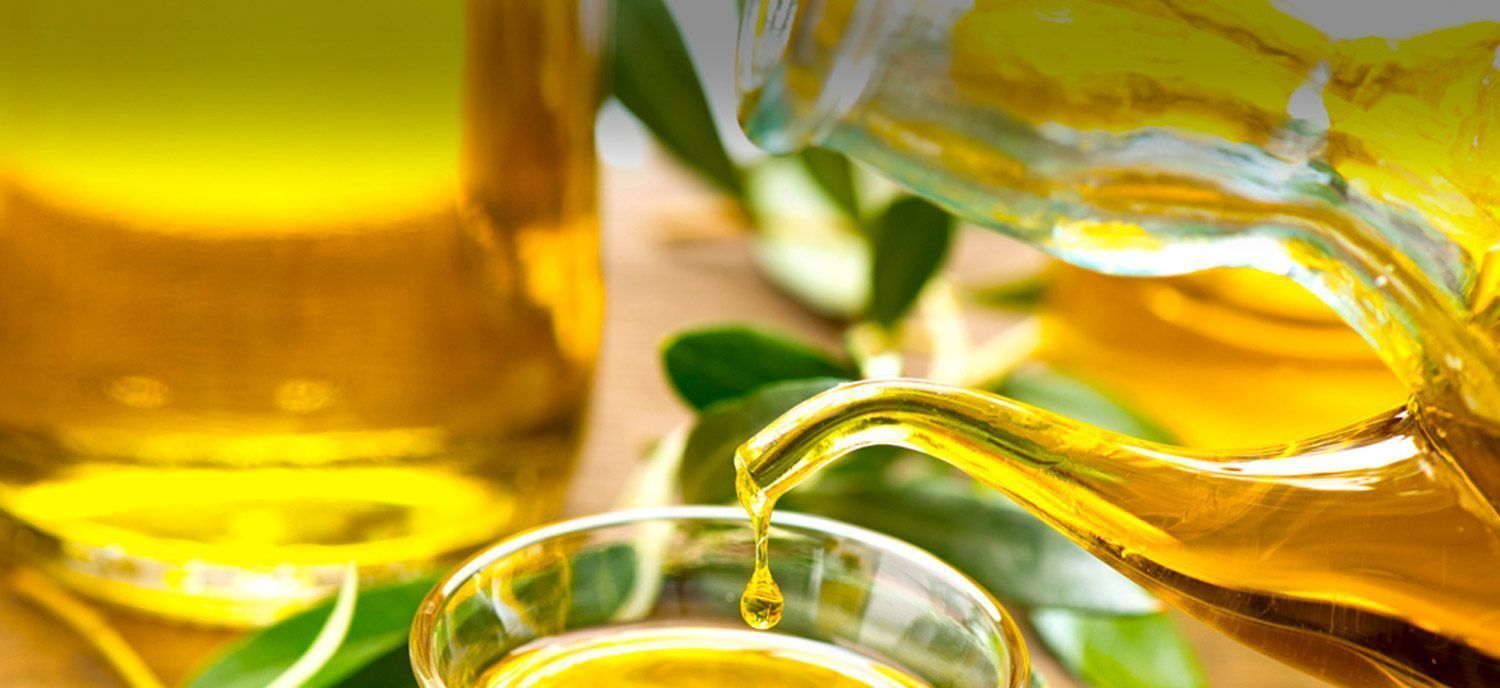8 June 2015
We have seen how extra virgin olive oil is important for our health thanks to its many nutraceutical properties. To make sure these properties are maintained over time, together with the organoleptic notes specific to each oil, just follow a few simple rules.
First and foremost it is necessary to consider the nature of oil: extra virgin olive oil is a fresh product. So, if it stays in contact with the air, if it is exposed to direct sunlight or if it is stored at high temperatures, it undergoes transformation processes which result in the gradual loss of its precious properties.
In many cases, all this can be avoided by using common sense and a basic knowledge of the processes that lead to the appearance of organoleptic defects. Let’s look in more detail at the correct methods of storing extra virgin olive oil.
Protect the bottle from direct sunlight and heat sources.
Avoid excessive exposure to air, closing the bottle immediately after use.
Do not transfer the olive oil from the original container to other types of container such as cruets or dispensers (the oil will absorb a lot of air during the transfer and will lose aroma and taste through oxidation).
Do not top up cruets that sit on the table for long periods of time. The old olive oil will quickly alter the quality and taste of the newly added oil.
Prolonged exposure to direct sunlight will result in a change of colour from yellow-green to yellow-orange and may result in abnormal tastes and smells.
Prolonged storage at temperatures above 25–30° may result in abnormal tastes and smells.
Storage at low temperatures, approximately below 10°C, can lead to the crystallization of natural lipids in the olive oil, resulting in the oil turning cloudy.
The crystallization doesn’t affect the quality of the olive oil, and to make it clear again, just leave it for a few days at room temperature.
Avoid storing olive oil in poorly covered areas such as balconies and terraces.
To conclude, the main enemy of extra virgin olive oil is oxidation. As we have seen, slowing down this natural process is not only simple, but essential to preserve all the fragrances, aromas, shades of colour and, as we’ve just discussed, the organoleptic properties which make extra virgin olive oil a treasure trove of flavour and precious properties.






